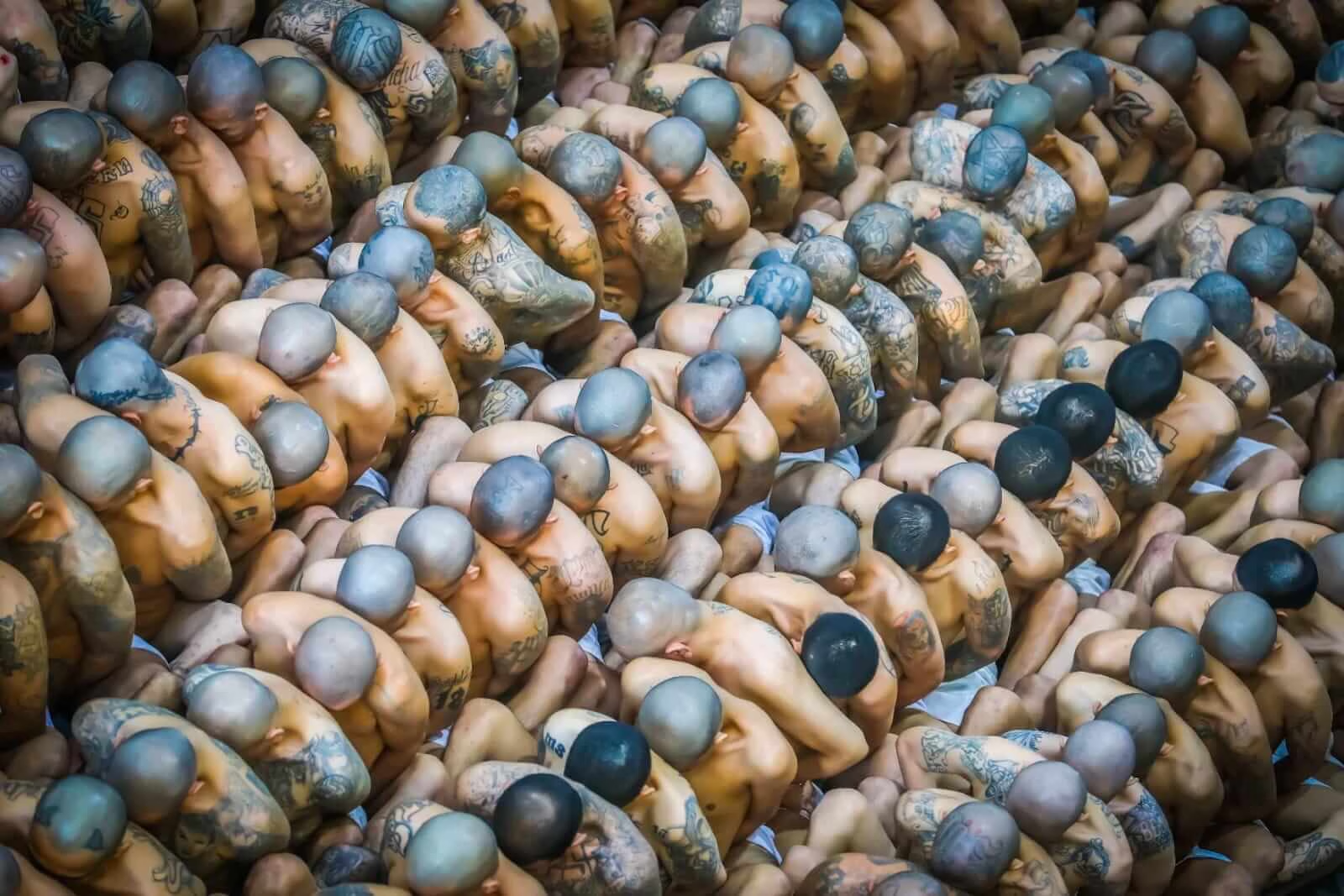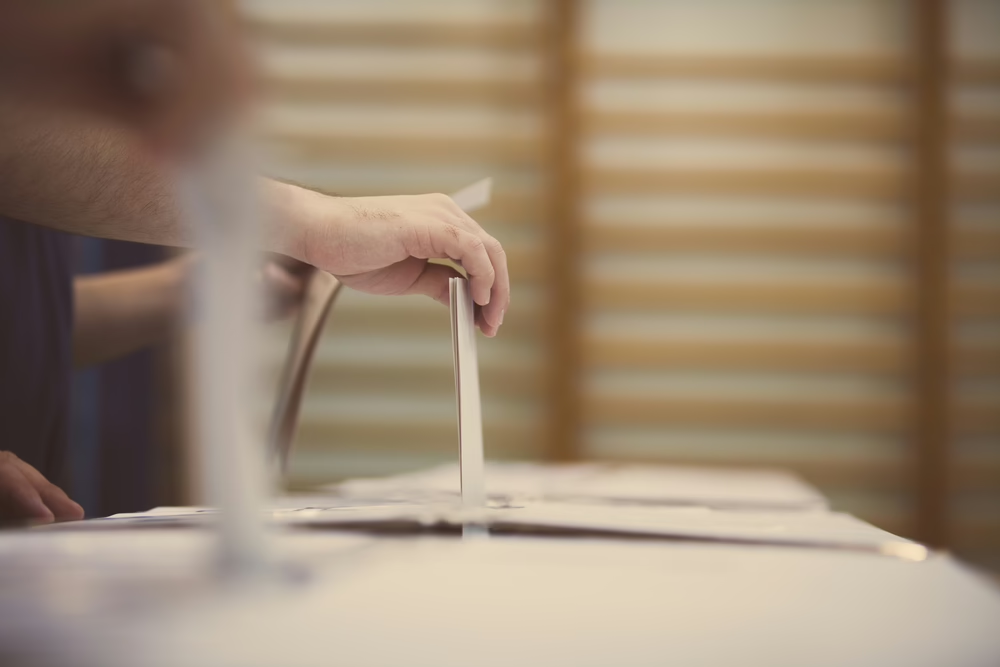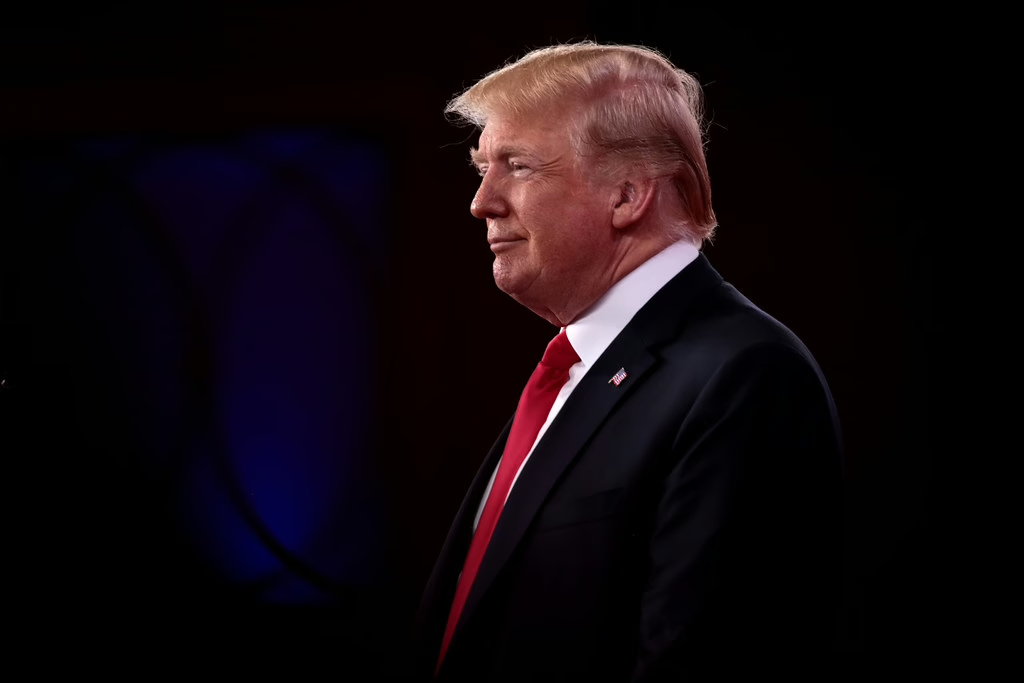Many of the most popular democratic leaders around the world aren’t so sure about democracy
“The entire opposition has been crushed,” El Salvador’s newly reelected president, Nayib Bukele, triumphantly declared earlier this month.
Bukele won reelection in a landslide on February 4, capturing more than 80 percent of the vote. The result was no surprise. Since taking office in 2019, he has helped end the gang wars that less than a decade ago made the country the murder capital of the world. Now, El Salvador boasts the lowest homicide rate in Latin America, sitting at a quarter of what it was when Bukele first came to power. More than 90 percent of Salvadorans feel safe or very safe in their neighborhoods.
On the surface, Bukele’s reelection appears to be the story of an effective leader earning the confidence of the public and reaping the rewards. That account hides a darker reality.
Bukele’s government is willing to achieve results at all costs. In 2020, Bukele sent armed troops into the parliament chamber to intimidate the legislature. In March 2022, Bukele called on the legislature to declare a “state of exception,” affording the government wide latitude to imprison suspected criminals and deny them legal counsel. Human rights organizations accuse the government of extensive violations of civil rights and due process. Journalists are spied on and harassed. El Salvador now has the highest incarceration rate in the world, with about 1 of every 50 people behind bars.
Perhaps most egregiously, Bukele should not have even been permitted on the ballot this month. According to El Salvador’s constitution, a president cannot serve for two consecutive terms, but Bukele had no intention to step down from the presidency. In 2021, Bukele and his party packed the Supreme Court with friendly judges, and they dutifully ruled that the constitution would allow Bukele to run again if he stepped down six months before the new inauguration on June 1. So on December 1, the legislature approved Bukele’s requests for a leave of absence and for his personal secretary to step in as interim president. The whole affair is an obvious subversion of Salvadoran democratic institutions.
Bukele’s presidency poses a problem for Salvadorans and democratic observers. Bukele has helped bring peace to El Salvador through personalizing its government and breaking its rules. His numerous successes have led the public’s faith in the government to go up as the strength of its democratic institutions declined. Bukele is an overwhelmingly popular threat to the long-term stability of El Salvador—a walking contradiction. It might just be a model that is catching on.
The Success of Populist Leaders
Winning the public’s support while trampling on democratic institutions is not unique to Bukele. In fact, many of the most popular democratic leaders of the last decade would hardly be considered strong defenders of institutions.
In India, Prime Minister Narendra Modi enjoys the highest approval rating of any large democracy at 78 percent. He owes his popularity to, among other things, a growing economy, popular anti-corruption campaigns, and promoting divisive Hindu nationalism at the expense of the Muslim minority. His government has silenced independent journalists, threatened tech companies into removing information critical of him, and undermined judicial independence. Combined with a sophisticated media campaign, Modi’s policies have won the approval of more than one billion Indians.
The case of the Philippines’ former president Rodrigo Duterte is equally revealing. He won in a landslide election in 2016 and, like Bukele, let brutality define his government. Duterte bragged about his time as a mayor when he would drive around “looking for a confrontation so I could kill.” He ordered the officials to shoot drug dealers and promised that they would not face any consequences. International observers balked, but the public loved it. Duterte remained extremely popular until he left office in 2022, commonly achieving approval ratings in the mid-80s.
The success of Bukele, Modi, and Duterte all share a similar story. They won popularity by addressing long-simmering dilemmas left by their predecessors, even if it required trampling on democratic norms. It is a dangerous proposition, but there’s a reason it’s a popular one. Other leaders are taking notice.
“These policies are popular, and leaders in Latin America know this,” Gema Kloppe-Santamaria, an expert on Latin American crime, told Al Jazeera. Honduras’s left-wing president Xiomara Castro, inspired by Bukele, is now leading her own gang crackdown.
The American Case
The United States benefits from a longer and more stable democratic tradition than these countries. Still, it should trouble us all the same how many of the conditions which led other democracies to embrace populism are present here.
Americans are rapidly losing faith that our government is responsive to their interests. A record low 28 percent of Americans believe that democracy is working. Political Scientist Yascha Mounk points to the rising influence of bureaucrats, the independence of central banks, extensive judicial review, and money in politics all as significant contributing factors. As these interests have grown more powerful, the president and the legislature have lost influence.
The Biden administration, like its predecessors, is well aware of these challenges. That does not make things any easier. Presidents by and large struggle to achieve the agendas which got them elected in the first place. Even when there are broadly appealing legislative changes, a polarized media environment ensures that about half the country will look the other way.
These conditions are leading Americans to question whether the structures in place to prevent the abuse of power are really worth it. One third of Americans believe that “strong, unelected leaders are better than weak elected ones.” 42 percent of Democrats believe that presidents should have the authority to remove judges if their decisions “go against the national interest.” Clearly, many people have reached their breaking point with the status quo.
Some Republicans are now even looking to El Salvador for inspiration for what a good president looks like. Florida Senator Marco Rubio traveled to El Salvador in April and heaped praise on Bukele and his populist strongman policies. We have every reason to believe that Trump will try his best to rule like Bukele if he returns to power.
Much has been written about Trump’s intentions to undermine American institutions in order to achieve his agenda. Less has been written about how if he is successful in breaking down American democratic institutions, he could actually increase his popularity among some of the public fed up with American stasis. Just look at El Salvador.
RDI Welcomes Peter Biar Ajak as Senior Fellow
South Sudan’s dictatorship sent a death squad after Peter Biar Ajak for advocating for peace and democracy. He’s put his life on the line for freedom. He knows the stakes firsthand. That’s why we’re honored to be bringing Peter on as a senior fellow.
— Uriel Epshtein, RDI CEO
Check out Peter’s discussion with Evan Mawarire on America’s role in the global struggle for democracy.






